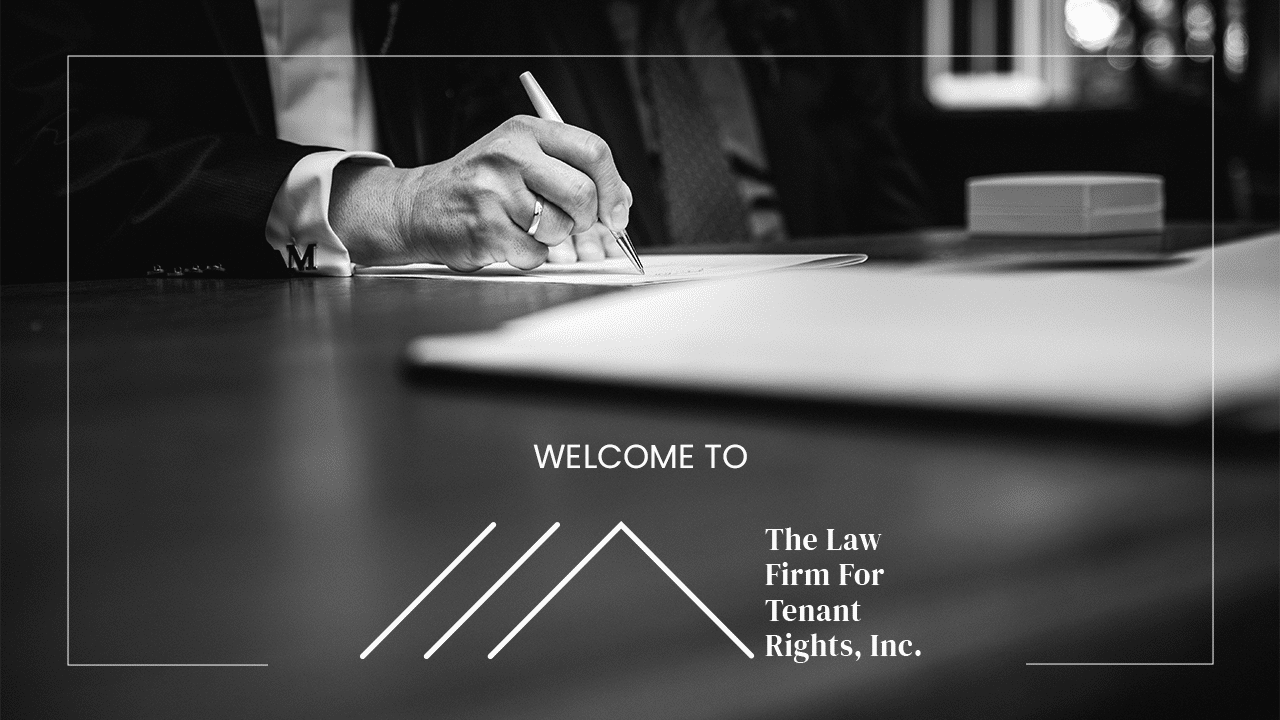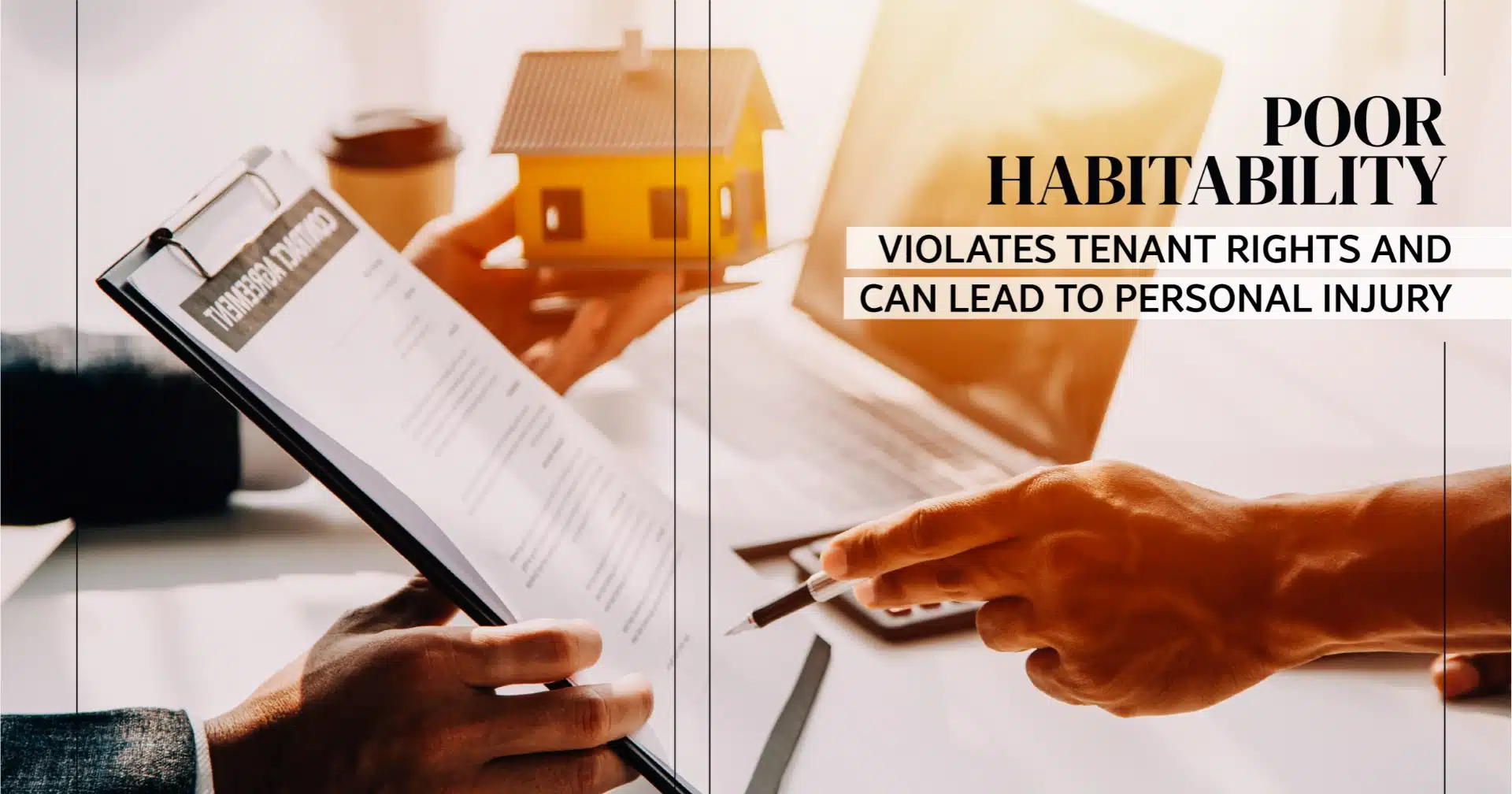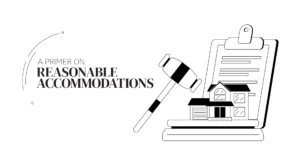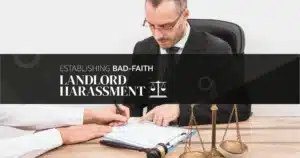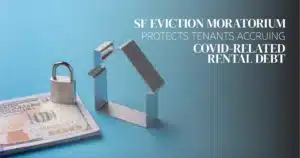Every person deserves to live in a home environment that is clean and reasonably free of hazards. For those who rent, there are laws that protect them from living in conditions that are harmful to their health or lead to personal injury accidents. As a tenant, you have rights. By using the law, you can hold the landlord or property owner accountable for their health and safety negligence.
What is an implied warranty of habitability?
By law, a landlord is required to maintain their rental property so that the environment is habitable for people. A property cannot just be rented out, as it must comply with housing standards and codes, in addition to building safety. A landlord that fails to uphold these expectations may be the reason why a personal injury accident happens in the home. If the lack of housing standards affects the tenant’s safety and health, then it is considered uninhabitable. Tenants have rights that allow them to seek compensation for injury or illness that happens due to the landlord’s negligence.
Can I move out if the property is not suitable for living in?
If a property is uninhabitable, the tenant does have the right to move out, and they do not have to provide notice to their landlord. However, there are other steps you can take first before vacating, but if the situation calls for it, then always prioritize your wellbeing. Examples of conditions that may affect the tenant’s health include improper ventilation, pest infestations, bacteria, gas or sewage leak, mold, lead paint, or other unsanitary factors. As a tenant who may be concerned about their living conditions, you must visit a doctor so your illness or injury can be treated. In this way, you are also starting a paper trail that is proof of your adverse health.
How can I prove that where I’m living is uninhabitable?
To prove that the place you are renting is causing or at least contributing to your illness or injury, as the best slip & fall lawyer in Baltimore, MD from Cohen & Cohen, P.C. would advise, you must have medical documentation. For example, if there is a leak that causes puddles to accumulate in walkways, and the tenant slips and falls because of it, then they have to see a doctor and get a copy of the doctor’s notes. Without evidence of injury or illness, it will be harder to obtain fair compensation for what the tenant has been through. Additionally, tenants are encouraged to take photographs and video evidence of the uninhabitable conditions and their visible symptoms.
There are witnesses who have seen my living conditions, does that help?
Yes, the more witnesses that support your claims about the uninhabitable living conditions, the better your chances are at restitution. Innocent tenants who had good faith in their landlord can get seriously hurt or come down with an illness that requires medical attention. If you are someone who is living in a space filled with pests, mold, leaks, or other hazards, and have been injured or developed a disease from it, it is recommended that you take legal action immediately.
Poor habitability violates tenant rights, and when someone’s health is affected, it is more than worth considering the legal options and taking action against the landlord or property owner who is responsible.
